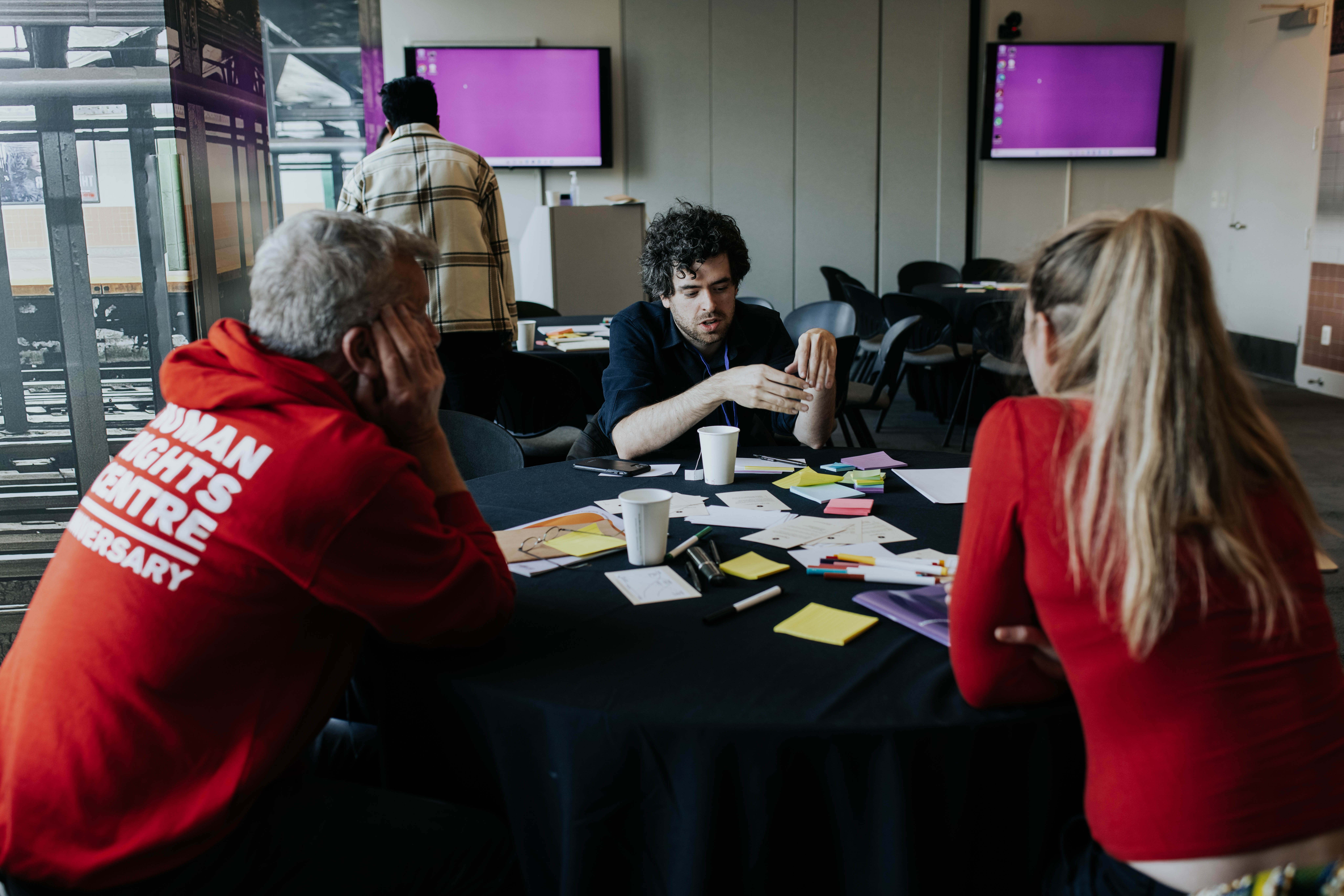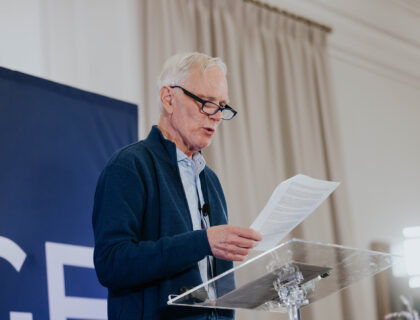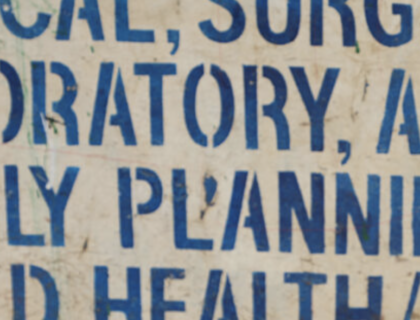INEQUALITIES
Human Rights and Privatization Project
Privatization has been widely promoted on the premise that it can deliver efficient and innovative outcomes that public ownership and funding cannot, and it is playing an increasingly important role in global development efforts. However, a growing body of evidence serves to highlight the risks and challenges of relying heavily upon the private sector to deliver goods and services on which the general public depends.
In recent years, a range of human rights experts, academics, civil society groups, and even government auditors have drawn attention to the ways in which privatization of sectors as diverse as water, transportation, housing, education, corrections, and healthcare has compromised human rights protections, marginalized low-income people, and failed to deliver on promised benefits. The role of for-profit actors in providing essential services, and their track record in protecting human rights while doing so, demand more sophisticated and constructive scrutiny than they have received to date.
The impact of privatization is of even greater concern today due to high and rising inequality, which increases the human rights risks to low-income people, and in light of climate change, which threatens to pull hundreds of millions more people into poverty. The COVID-19 pandemic has further heightened the urgency of these issues, as it exposes and exacerbates disparities and magnifies the scale of development challenges. The very large deficits being incurred are certain to be followed by renewed calls for austerity, linked closely to further privatization.

The Human Rights and Privatization Project works to examine how the privatization of essential sectors and services affects the realization of human rights, particularly for low-income people.
The project:
- engages in research, advocacy, and education, in dialogue with human rights practitioners and experts from different disciplines.
- builds on the work of Philip Alston and his team during his term as UN Special Rapporteur on extreme poverty and human rights, from 2014 to 2020.





